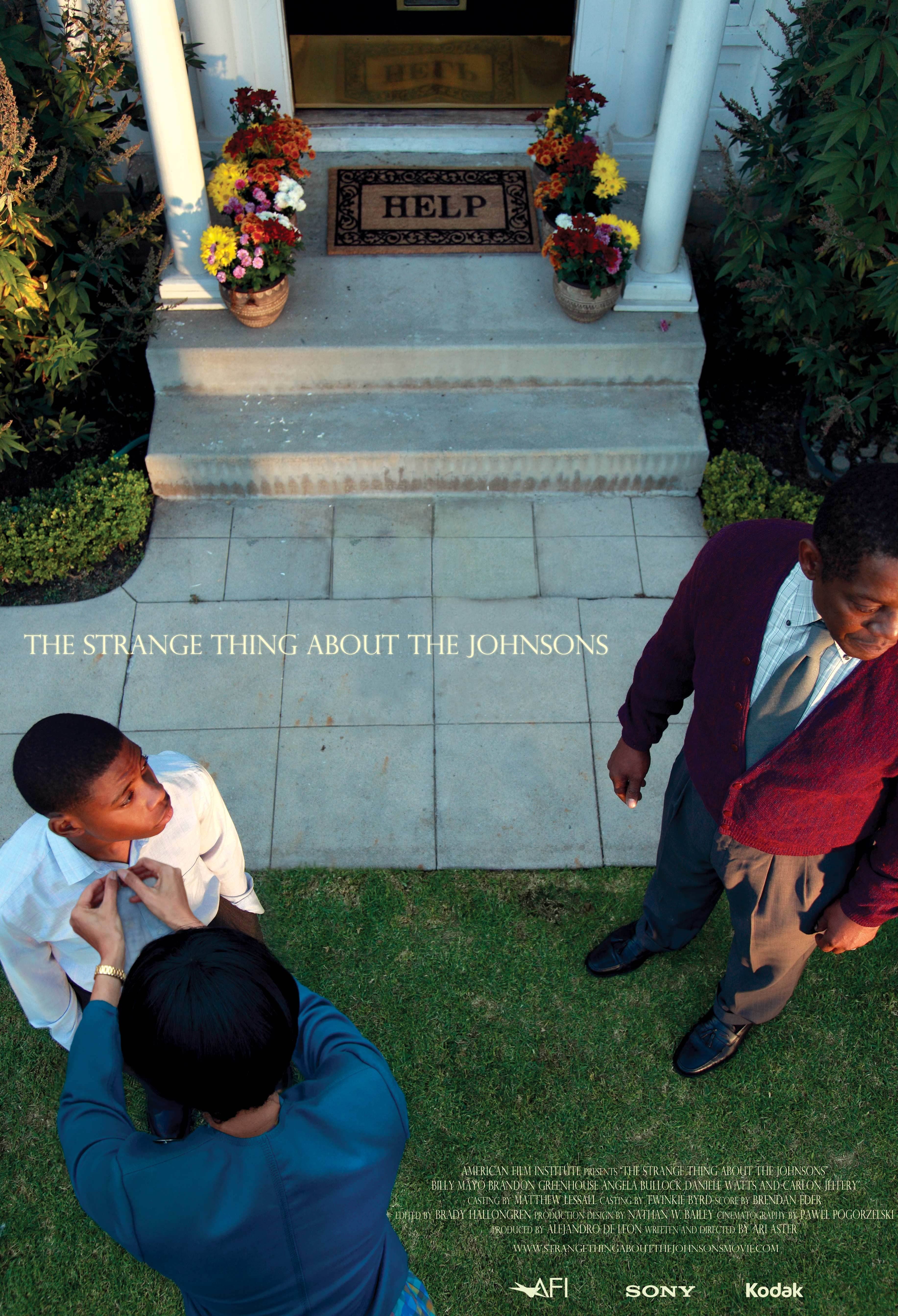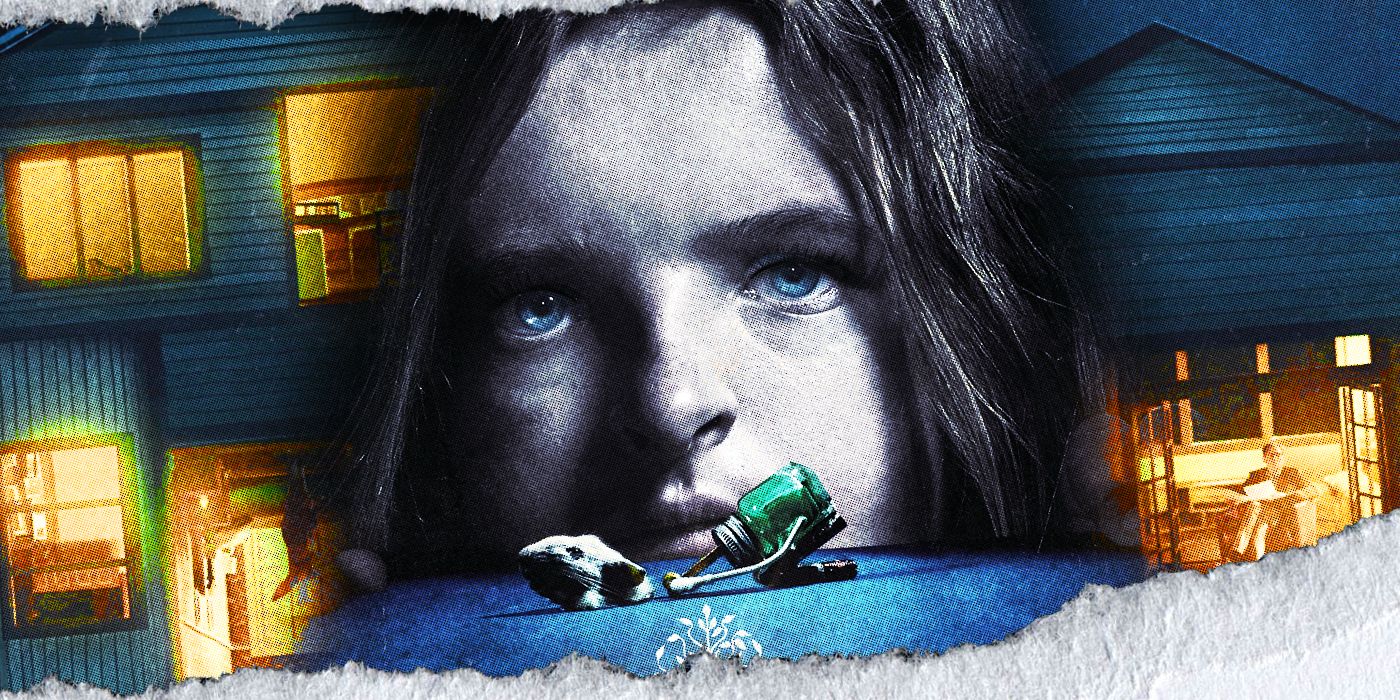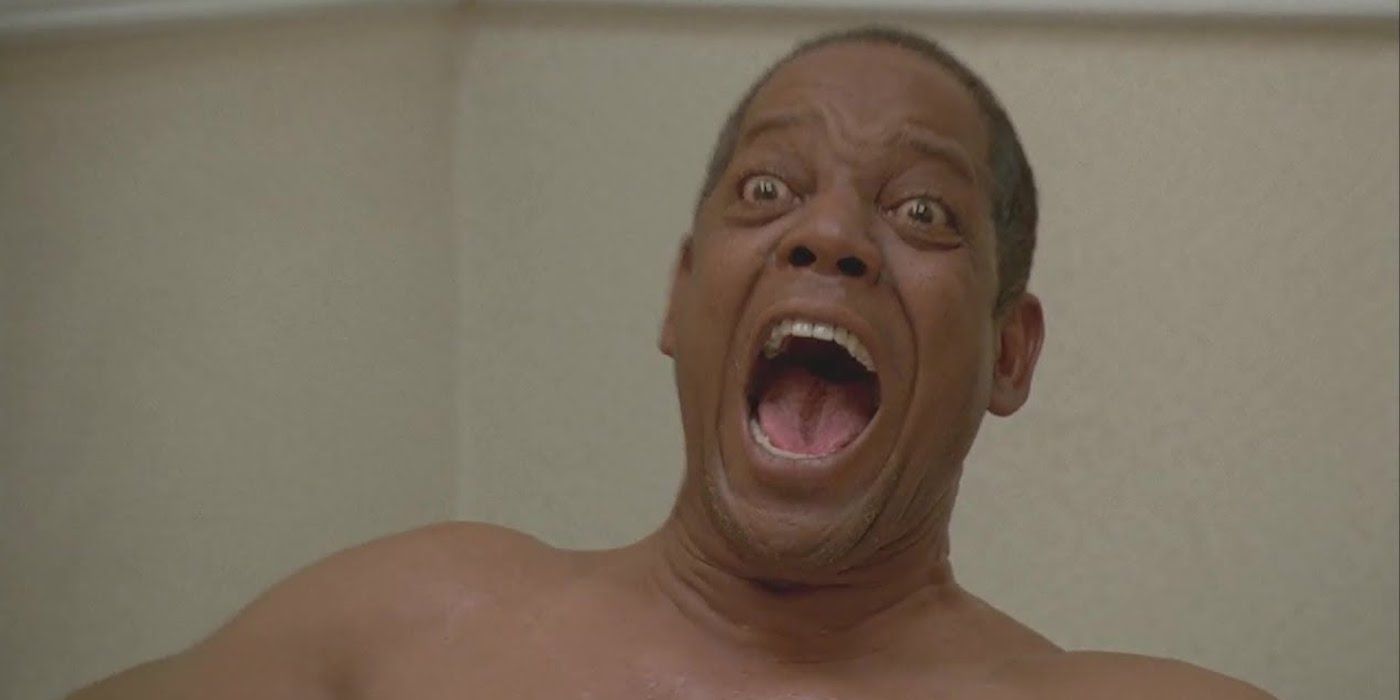The Big Picture
- Ari Aster's film, Beau Is Afraid, is his most cryptic and abstract yet, presenting maternal relationships in a wild and unconventional way.
- Aster's previous film, Hereditary, is widely acclaimed and considered a terrifying movie with a standout performance from Toni Collette. Its release marked a pivotal moment in horror history.
- Aster's early short film, The Strange Thing About the Johnsons, shares similarities with Hereditary in terms of repressed secrets and inevitable violence, showcasing his macabre sensibilities and unique aesthetic approach.
Ari Aster is a name now synonymous with modern, quality horror. His last two features, Hereditary and Midsommar are two of the most acclaimed horror movies ever. His latest feature, which hits theaters today, is proving more divisive than his last efforts. Aster took a break from demons and cults to bring us Beau Is Afraid, starring Joaquin Phoenix. The director's film seems to be one of his most cryptic, with the trailer having everyone both fascinated and utterly confused by the plot and thematic subject. The film deals with maternal relationships (like Hereditary) but these themes are presented in a more abstract and downright wild way than in his preceding films. Beau Is Afraid also stars Amy Ryan, Patti LuPone, Parker Posey, and Nathan Lane.
The release of Hereditary turned out to be a pivotal moment in horror history. The movie, about a family haunted by both its own history of abuse and also by literal spirits returned from Hell, helped spawn a lot of jargon. "Elevated horror." "A24 brand horror." "The real monster is trauma." Lots of ways of saying that a movie fuses horror with genres that are thought to be more sophisticated. These terms predate Hereditary, but Hereditary brought them into widespread use and is one of the first movies that they bring to mind. Strangely, though these terms are now often used derisively, in expression of a longing to go back to a time before anyone tried to "elevate" horror, Hereditary itself is not a divisive film. Everyone seems to agree, it's a terrifying movie, with a hall-of-fame performance from Toni Collette as a traumatized mother fighting her own darkness. How did Ari Aster pull that off? Hereditary was his first feature film, but for answers, we can look at one of his earliest shorts, the wild The Strange Thing About the Johnsons.

The Strange Thing About the Johnsons
A dark domestic-horror drama about the ties that bind--and the ties that really bind.
- Release Date
- January 22, 2011
- Director
- Ari Aster
- Cast
- Billy Mayo , Brandon Greenhouse , Angela Bullock , Danièle Watts
- Runtime
- 28 minutes
What Is 'The Strange Thing About the Johnsons' About?
Aster shot Johnsons while still a film student, and even though it's a student project, it's not hard to see why it made a splash. It starts in a place of extreme distress: a father accidentally walks in on his son masturbating. Luckily, this is the most understanding dad of all time, who immediately tries to put his son at ease that this is something everyone does. But after heartfelt "I love yous" are exchanged, and the tension appears to have been diffused, we see that his son has, oh god, been masturbating to a photo of his own dad.
A decade later, at the son's wedding, we discover that the Johnson family is now burying the secret of years of family sexual abuse. The "strange thing" about this family is that the son is sexually abusing his gentle father, who keeps the abuse secret out of fear and shame. Even his wife doesn't know, although she has figured things out on her own.
This family dynamic might seem familiar to Hereditary fans. Repressed secrets. Inevitable violence. Remember the famous monologue Collette delivers to her son at the dinner table, cruelly blaming him for the family's shared tragedies, even as she claims to be the more loving one? "Johnsons" contains an even more perverse version of that scene. After the son discovers his dad's attempted letter of confession, he too delivers an accusatory monologue, made even more disturbing for how sinisterly it appropriates the language of care.

'Hereditary’s Most Shocking Death Is Eerily Similar to a Real-Life Case
The incident happened in Georgia in 2004.All of Ari Aster's Shorts Share Macabre Sensibilities
This almost makes it seem like Ari Aster invented A24 brand-elevated horror, back in 2011 before A24 even existed. But wait! What did Aster do for the years between that short and his first feature? Well, the answer is, he made many more shorts. And they complicate the picture.
The Strange Thing About the Johnsons has long been Aster's best-known short, though new attention is being paid to "Beau," which his upcoming feature Beau is Afraid is based on, and which A24 has recently taken off the internet. "Beau" is horror, but of a more absurd variety, about an extremely anxious man whose surreal paranoia over his stolen house keys turns out to be quite justified.
All of Aster's shorts share macabre sensibilities, as well as a heightened, focused, aesthetic approach. But most would not be considered horror. There's Munchausen, the dialogue-free tale of a mother who poisons her son to make him too sick to leave for college. There's a turn into fraternity humor with The Turtle's Head, a noir parody about a P.I. who takes the traditional "legs that won't quit" voiceover to previously unseen levels of horniness, who is suddenly plagued by a mysterious ailment that makes his penis shrink a little more each day. His last two shorts, Basically and C'est La Vie, are more experimental, both narrated directly to camera, by, respectively, a jaded, rich fail-daughter, and an unhoused philosopher. As each narrates the wild twists and turns of their own lives, they appear within a series of hyper-real staged tableaus.
So, Aster's full body of work contained a wild variety of styles and tones. Cynically, you might wonder if his return to Johnsons-style family horror was an opportunistic, if well-timed, attempt to leverage an existing trend. Perhaps his eclectic collection of shorts was just an attempt to be ready with a personal calling card, for whatever the next new thing turned out to be. But, there is a genuine through line unifying this body of work and making it whole.
Ari Aster's Movies Are Full of Absurdism
What's most important to realize is that Aster did not take a detour into absurdism. The Strange Thing About the Johnsons was already absurd. A lot of this is just on the surface. The short film features a lingering insert of a self-help tape titled "For Pete's Sake, You're WORTH It!" before its moment of greatest violence. But beyond that, the whole concept of a son molesting his father is absurd, even though it evokes real-life traumas. Aster admitted as much in an interview he gave at the time, about arriving at his concept by brainstorming "taboos that weren’t even taboos because they were so unfathomable" before arriving at this "role-reversing incest whatsit."
What is conspicuously absent here is any mention of "empathy." In other words, Aster does not make the case for himself that his absurd take on family abuse is actually his way of metaphorically dealing with the real thing. That absence of empathy is what makes "Johnsons" not-elevated horror. Isn't that, after all, what bothers people about the newly-defined sub-genre? That what is meant to be a selfish experience about us and our terror-induced endorphins instead becomes a metaphor for the horrible, unjust things that happen to people in reality. Empathy, even for ourselves, is not always what we go to horror to experience. And Aster doesn't ask it of you. "In the end," as he said of his short, "we just wanted to make a film that was compelling, visceral and unique."
Finally, one might object that while "The Strange Thing About the Johnsons" is not elevated horror, Hereditary definitely is. After all, mothers do emotionally abuse their children; that's not unfathomable at all. But this ignores the great open secret of Hereditary, that all of its terror and trauma is just the build up to a punchline. Every moment of pain in the entire film was orchestrated by the demon Paimon, who sought human form on earth, but was dissatisfied that his first human host was a girl. The final sequence of the film discards its story of family tragedy, changing tones dramatically to focus on Paimon's second becoming, as a boy. After the final cut to black, Judy Collins' cover of Joni Mitchell's folk classic "Both Sides Now" plays over the credits. The song, about getting to live long enough to experience opposite perspectives on life, as Paimon does, celebrates the demon's triumph as if he were the film's protagonist, and the other characters just his silly toys.
What unites Aster's work is his own refusal to take it that seriously. He routinely lets the air out of his own ideas. While this could be an annoying habit in some contexts, it might be the secret to crafting horror movies with all the benefits of elevated-ness, that never feel like the in-the-moment scares are less important than the interpretation of its themes you're supposed to arrive at later. If you come to the conclusion on your own that Hereditary, deep down, is really just a story about family dynamics, you aren't wrong, but you also have no one to blame but yourself.
Beau Is Afraid is currently streaming on FuboTV in the U.S.


